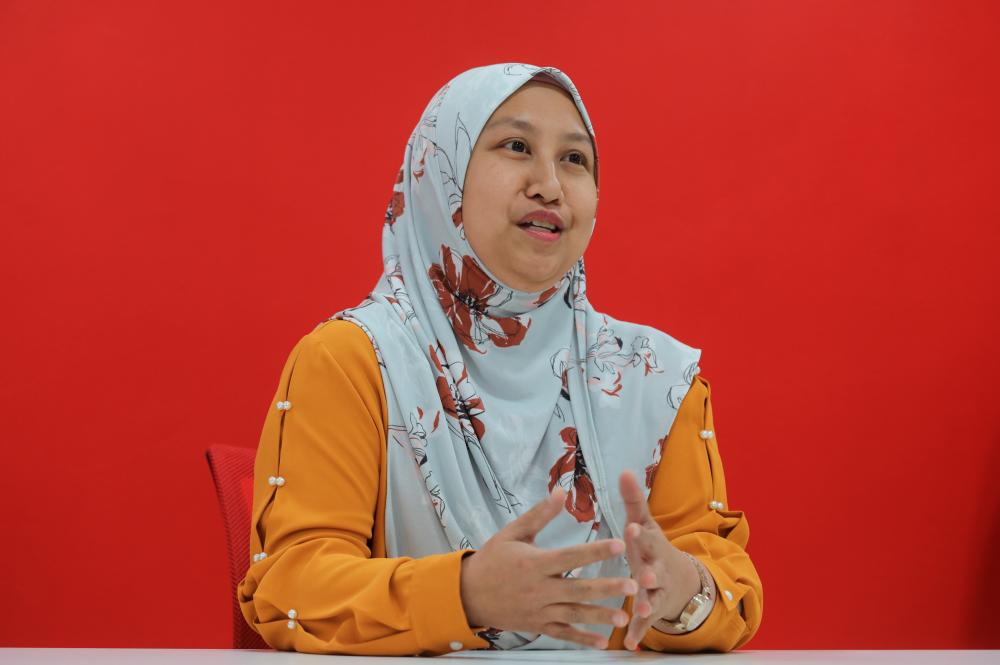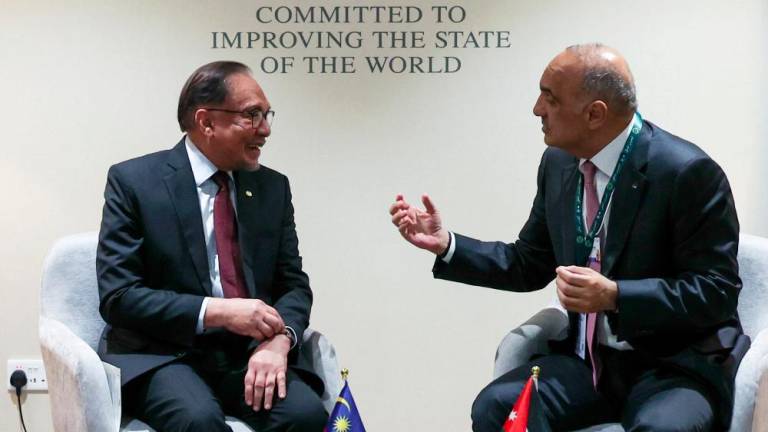WE keep hearing stories of people with organ failure and how some desperate patients and their families have resorted to purchasing organs such as kidneys from third world countries.
The fact is, despite the list of patients needing organ (heart, lung, liver and kidney) transplants continuing to rise, demand clearly outweighs supply.
According to Dr Fadhlina Zakaria – who is affiliated to the Department of Medicine in Universiti Putra Malaysia, and who is the Consultant Nephrologist and Internal Medicine specialist at Hospital Serdang – as of Sept 2019, only 1.3% of Malaysians have pledged to donate their organs.
“They are mostly urban and exposed to public education about transplants, but we are getting more response from sub-rural and rural people due to social media. But the number is still very small, and we are still trying to increase the number of pledges.
“Not many people know about organ donation. Even for those who know, cultural beliefs or religious ideas [stop] them.”
She added that there have been cases where those who pledge their organs pass away, and their family members actually stop the medical professionals from carrying out the deceased’s wishes.
According to the Human Tissues Act 1974, the next of kin still needs to give consent, even if the deceased has willingly pledged their organs.
It is important to note that problems arise often because those who pledged do not inform their next of kin of their wishes, or that next of kin have their own beliefs.
Dr Fadhlina also said problems arise when people go to third world countries to find organ donors, especially for kidneys.
“Number one, we don’t know the status of the person who donated the organ to us. Whether they are HIV+ , or have hepatitis or whatever disease. Number two, we don’t know if the donor really gets the money meant for them. Whether they were kidnapped, or God knows what.
“That is why the Istanbul Declaration does not allow us to go abroad and buy organs,” she said, referring to a 2008 summit on the issue of organ trafficking which was endorsed by over 100 countries.
Anyone can pledge their organs. “The organs are taken when you are brain dead. There are so many organs that can be donated. Even if you have kidney problems [when] you pledge, we can still take your cornea, skin and bones. Usually those who pledge are healthy at the time they make the pledge.”
Another viable option is finding live donors for organs such as kidneys, because a person can survive on one kidney.
“Of course (finding) a genetic match is the best, because they share the same blood,” said Dr Fadhlina.
“But nowadays medical science has grown so rapidly that you can donate your kidney to me and we can investigate [your] compatibility. We can then put you on medication that can prevent the donor organ from being rejected by the body.”










